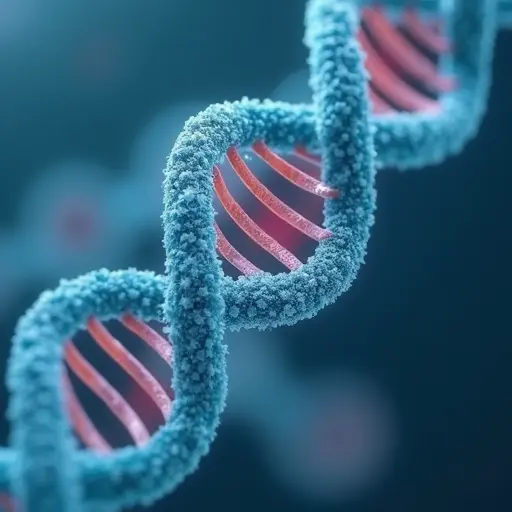
The Science of Genetic Enhancement in Sports
Genetic engineering could revolutionize athletic performance as scientists explore modifying human DNA to create biologically enhanced athletes. Known as "gene doping," this hypothetical practice involves altering genes to improve physical abilities like strength, endurance, and recovery. While no proven cases exist yet, research shows it's scientifically possible.
How Gene Doping Works
Gene doping modifies specific genes like those controlling muscle growth or oxygen efficiency. Experiments with mice demonstrated dramatic results: "marathon mice" with enhanced endurance ran farther, while "mighty mice" developed increased muscle mass without exercise. These breakthroughs use viral vectors to deliver performance-enhancing genes like EPO (erythropoietin) or IGF-1 (insulin-like growth factor).
Scientists like Dr. H. Lee Sweeney have reported being approached by athletes seeking these enhancements. "I was quite surprised," Sweeney told The New York Times. "People would try to entice me, saying things like 'It'll help advance your research.'"
Current Status and Risks
As of 2025, the World Anti-Doping Agency (WADA) still reports no confirmed cases of gene doping in sports. However, detection remains challenging. WADA added gene doping to its banned list in 2003 and has funded detection research since 2004.
Significant health risks include:
- Uncontrolled cell growth potentially leading to cancer
- Blood disorders from abnormal erythropoietin levels
- Immune reactions like the fatal response in Jesse Gelsinger's 1999 gene therapy trial
Dominic Wells of Imperial College London warns: "Athletes would be running considerable risks. Activation of the innate immune system by a relatively high dose of viral vector caused death."
Ethical Dilemmas and Detection
The potential for "designer athletes" raises profound ethical questions about sportsmanship, accessibility, and human enhancement. WADA is developing detection methods including:
- Identifying modified proteins through blood tests
- Long-term athlete biological passports
- Genetic sequencing comparisons
Dr. Wells notes detection advantages: "Proteins expressed after gene transfer are sometimes different from normal proteins. Athletes can't easily tailor treatments to avoid detection like with traditional doping."
The Future of Genetically Enhanced Sports
While gene doping remains theoretical, genetic engineering applications are advancing rapidly in medicine. As these technologies become more accessible, sports organizations face a race against time to develop countermeasures. The 2025 sports landscape continues to monitor this emerging frontier where biology could become the ultimate performance-enhancing "drug."

 Nederlands
Nederlands English
English Français
Français Deutsch
Deutsch Español
Español Português
Português








